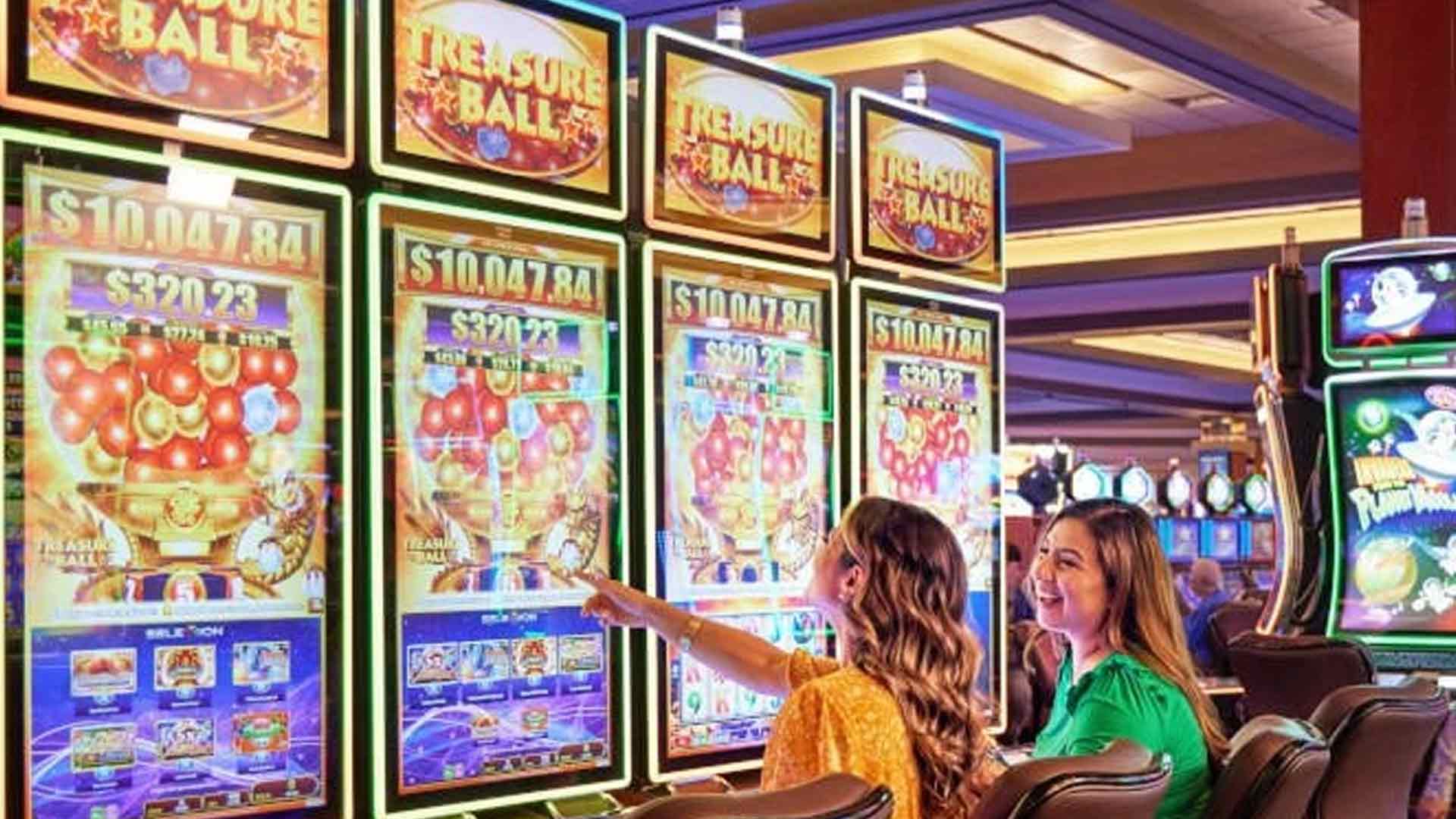The Origins of Casino Legends in Europe
The Origins of Casino Legends in Europe
Europe, a continent steeped in history and adorned with architectural marvels, is also the cradle of the modern casino. From the clandestine backrooms where early forms of betting took place to the opulent halls of Monte Carlo, the story of European gambling is a rich tapestry woven with tales of innovation, scandal, and enduring legend. Understanding the origins of casino culture in Europe provides a fascinating glimpse into a world where entertainment, risk, and social status converged, shaping an industry that continues to thrive globally.
Long before the advent of the structured casino, various forms of gambling were deeply embedded in European societies. Ancient Roman soldiers played dice games, and the Greeks engaged in betting on athletic contests. The Middle Ages saw the popularization of card games, such as "Primero" in Italy and "Vingt-et-Un" (a precursor to Blackjack) in France. These early forms of gaming, often unregulated, laid the groundwork for the more organized establishments that would emerge. The desire for a social space dedicated to these activities, combined with the potential for state revenue, gradually led to the concept of the public gaming house.
The true genesis of the public casino, as we recognize it today, can be traced back to 17th-century Venice. In 1638, the Venetian government established the Ridotto (meaning "private room") during the Carnival season. Its primary purpose was to control the widespread private gambling that was occurring throughout the city, which often led to public disorder. The Ridotto was not a "casino" in the modern sense but a wing of a palace offering controlled gambling, albeit often at high stakes. It required players to wear masks and dress formally, fostering an air of exclusivity and secrecy. While the Ridotto was eventually closed in 1774 due to its perceived negative social impact, it set a crucial precedent for regulated gambling establishments in Europe.
Following Venice's lead, the concept of dedicated gambling houses spread across the continent. By the 18th and 19th centuries, spa towns across Europe, such as Baden-Baden in Germany, Spa in Belgium, and Évian-les-Bains in France, began to open grand gambling houses. These establishments were designed not just for gambling but as luxurious resorts, attracting aristocracy, intellectuals, and the wealthy elite. They offered not only games like Roulette and Baccarat, which saw their refinement and popularization in these venues, but also fine dining, entertainment, and opportunities for social networking. The Roulette wheel, in particular, became an icon of European gambling, with its origins tracing back to 17th-century France and further refined by the Blanc brothers in Homburg and later Monte Carlo.
The pinnacle of European casino opulence and legend arrived with Monte Carlo. In the mid-19th century, Prince Charles III of Monaco, facing financial difficulties, commissioned François Blanc to establish a grand casino in the then-impoverished principality. The Casino de Monte-Carlo, opened in 1863, became an instant sensation. Its lavish architecture, exclusive clientele, and the promise of immense fortunes or dramatic ruin captivated the world. Monte Carlo quickly became synonymous with high-stakes gambling, attracting royalty, tycoons, and artists, and fostering countless tales of "the man who broke the bank at Monte Carlo." It was here that many of the enduring legends of European gambling were truly cemented, often involving dramatic wins, spectacular losses, and the mystique of high society.
These European casinos were more than just places to gamble; they were cultural hubs, stages for social drama, and symbols of a certain kind of European grandeur. They influenced fashion, literature, and art, appearing in the works of authors like Fyodor Dostoevsky (who famously chronicled his gambling addiction in "The Gambler") and Ian Fleming (featuring James Bond in casino settings). The aura of sophistication, risk, and the pursuit of fortune created an enduring mythology around these establishments, cementing their place in popular imagination. Many of the strategies and superstitions associated with casino games today can be traced back to the traditions formed in these historic European venues.
The legacy of these pioneering European casinos continues to influence the global gambling industry. The design principles, the emphasis on luxury and entertainment, and the very games themselves are direct descendants of their European forebears. Even as gambling has transitioned into the digital age, with online platforms offering a vast array of games to a global audience, the charm and history of brick-and-mortar European casinos remain unparalleled. They stand as monuments to a bygone era of elegance and daring, reminding us of the deep historical roots of this captivating form of entertainment.
Today, the allure of casino gaming is accessible to a wider audience than ever before, with online casinos bringing the thrill directly to players' homes. The evolution from the exclusive Ridotto to the global digital landscape is profound, yet the core excitement remains. For those looking to experience the modern iteration of this ancient pastime, many platforms offer enticing opportunities, including a wide range of games and bonuses. For example, exploring options like an m88 casino bonus code can provide a gateway into the contemporary world of online gaming, built upon centuries of European innovation and legend. The story of casino legends in Europe is not just a historical account; it's a testament to humanity's enduring fascination with chance, skill, and the pursuit of fortune.
tag: M88,



